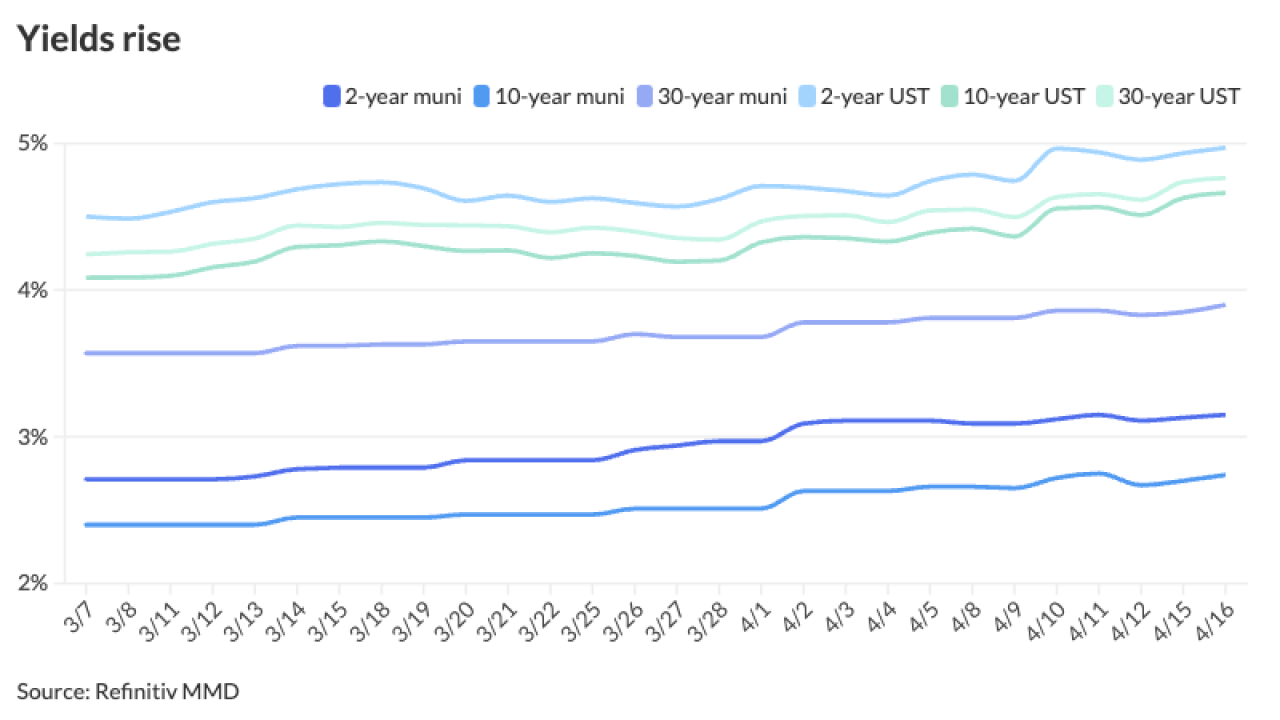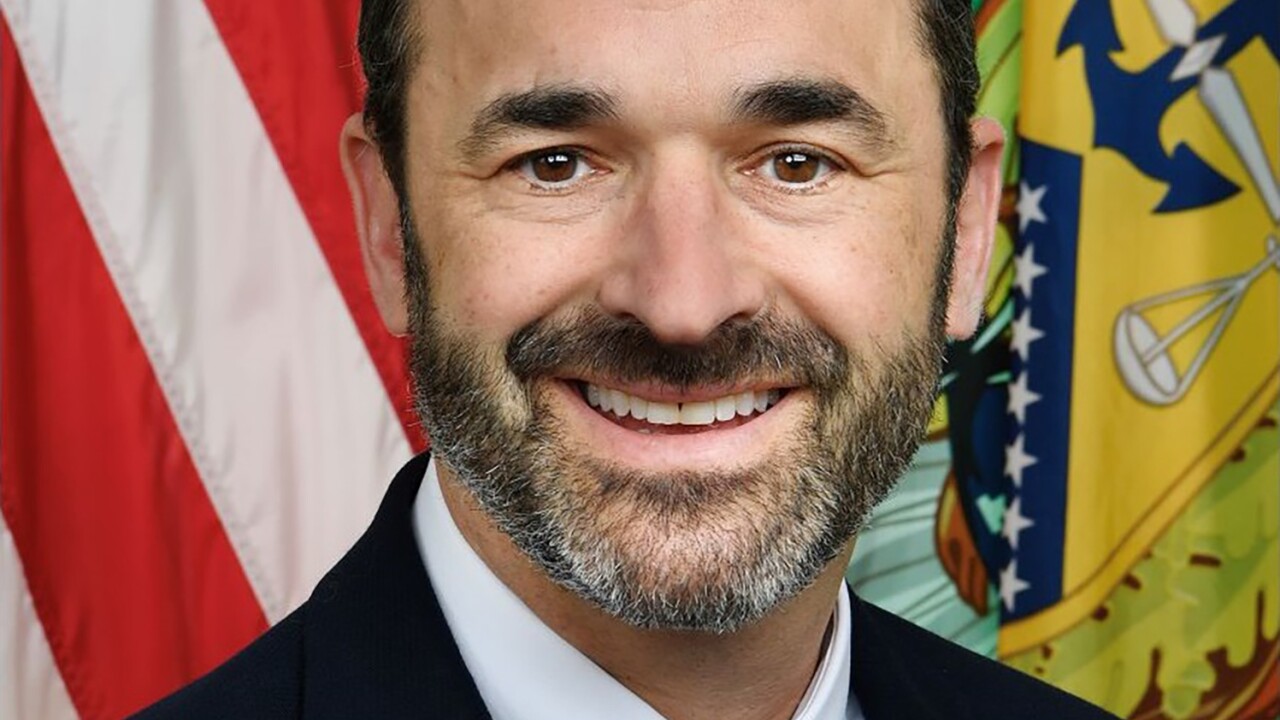
CHICAGO - The Michigan Strategic Fund approved the issuance of $450 million of 30-year bonds to finance a new hockey arena near downtown Detroit.
The deal features $250 million of tax-exempt debt and $200 million of taxable bonds.
The taxable bonds will be privately placed with Comerica Bank and will likely include interest-rate swaps. Bank of America Merrill Lynch will be senior manager on the tax-exempt bonds, which will feature a 4.5-year mandatory tender.
The refinancing risk associated with the mandatory tender, as well as other risks in the project, is partly why the bonds will likely fetch a junk rating from Fitch Ratings, according to bond documents presented to the strategic fund board. Fitch is expected to rate the debt BB, documents said.
The strategic fund's vote was the last major obstacle to the project, which has sparked controversy in the bankrupt city. The price tag totals $650 million, the bulk of it raised from the two borrowings. The 18,000-seat arena will be just outside downtown Detroit and is seen as an anchor for a 45-block area that will feature entertainment, retail and residential development.
The arena will be the new home to the Detroit Red Wings hockey team, owned by the influential Ilitch family, which also owns the Detroit Tigers baseball team and the Little Caesars pizza chain.
The strategic fund will issue the $450 million on behalf of the Downtown Development Authority.
The $250 million tax-exempt piece will be backed by tax increment financing revenues collected by the DDA, which is expected to pay up to $15 million a year for debt service.
The $200 million Series B bonds will be backed by payments from Olympia Development of Michigan, the development arm of the Illitches. The bonds have to be taxable because of the private payments.
Proceeds from the Series A will fund a debt service reserve fund equal to six months of debt service, capitalized interest of not more than $10 million, and other costs.
The final maturity on all the debt will be 2045. A mandatory tender on the tax-exempt bonds will come at 4.5 years after the issuance, at which point the bonds will be subject to a tender purchase and be remarketed. If the bonds can't be remarketed on the mandatory tender date, a default interest rate equal to the greater of either the prime rate plus 5% or 9% will be applied.
The refinancing risk - due to either deterioration in Detroit's property tax base or high interest rate market environment or both -- is one of the reasons the debt is expected to carry the below-investment grade rating of BB by Fitch, according to the documents.
The team expects the interest rate to be in the 4% to 5% range, and it cannot exceed 7%.
The structure calls for the TIF revenue to be sent directly to the bond trustee, which will set aside debt service and reserve requirements before sending the rest back to the DDA.
Dykema Gossett PLLC is bond counsel for the DDA.
The $200 million Series B bonds are set to be privately placed with Comerica Bank. For years one through four, the interest rate will be variable and paid from draws on the bond proceeds. After that, the debt will be hedged with forward-starting interest rate swaps. The DDA will act as counterparty and will, "in accordance with Dodd-Frank regulations," engage a qualified independent representative to evaluate the risks and benefits of the swaps and "as needed, to enter into negotiations with its swap counterparty regarding the terms."
The DDA has already issued a request for proposals for an independent representative. The DDA board will need to approve the swap prior to the closing of the transaction.





